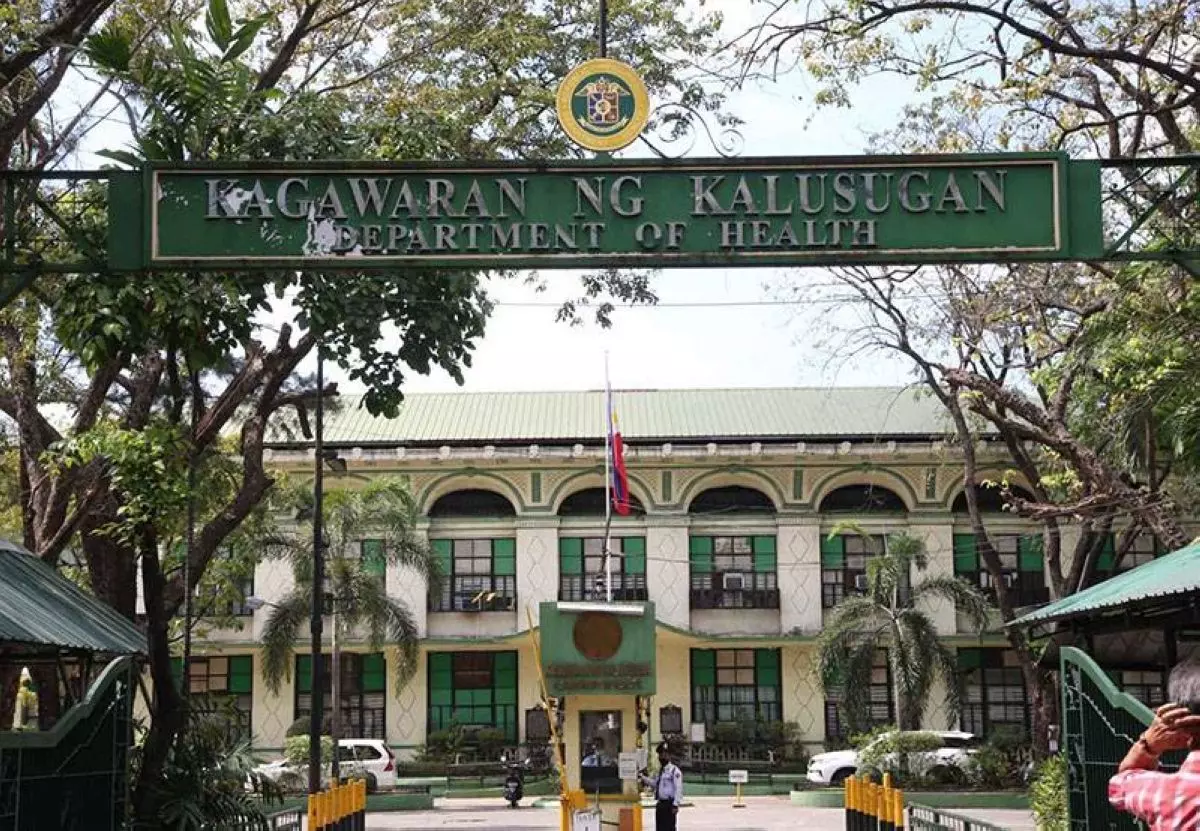From The Manila Times -
HEALTH experts are pushing for a new second-generation dengue vaccine created by a Japanese pharmaceutical company.
Known as "QDenga," this second-generation vaccine was developed by the Takeda Pharmaceutical Co.
Speaking at The Manila Times' "Reel Times," Philippine Medical Association president Dr. Hector Santos said the Food and Drug Administration (FDA) was still trying to collate the studies for this vaccine, which has been used in Brazil and some Southeast Asian and African countries.
"QDenga has already completed all the studies in all other countries and is already used in Brazil and some African countries, and in the last two years, it has been approved for use in Malaysia, Thailand and recently Indonesia and Vietnam," Santos said.
"We were hoping the FDA could look into those studies first before they could really approve its use in the Philippines. But from the studies that have been shown in other countries, it is efficacious, especially for those with high-intensity transmission...," Santos said.
"It has cut the mortality to more than half, and then less dengue level is what patients get and not the hemorrhagic one, so there's protection being given to the population, given the vaccine," he added.
Santos said using QDenga had already proven efficacious in countries already using the dengue vaccine. He cited studies that show there is no mortality rate related to QDenga.
Santos also said the government needs to promote community education on preventing dengue and cleaning the environment, and once the vaccine is available, it should first be deployed to areas with a high transmission rate.
Meanwhile, Foundation for Vaccination executive director Dr. Lulu Bravo said safety was the first essential principle for vaccines, and while they were still following up on the clinical tests for the past eight years, they said the safety profile of the vaccine was "very good" and had no concerns at all in giving it.
Bravo said that in the trials for the vaccine, their group enrolled 4- to 16-year-olds.
Citing the World Health Organization (WHO), two doses of the vaccine can be administered to children ages six to 16, three months apart.
"Three months is the interval between the first and second dose, and because the WHO says that as far as the trials that have been seen and published, they are ready to recommend it for ages 6 to 16, but as you know, other countries have given it to ages 4 and up. No limit to the elderly. European agencies also gave it a 6 and up [recommendation]," Bravo said.
"Different countries will give you different recommendations, but it remains two doses, three months apart, and the best thing that we wanted to see here is that it can be given even to patients and individuals who have not had previous dengue infection because if you look back at the first-generation dengue vaccine, there was a recommendation by the WHO to test first before giving it because they would not recommend it for those who are zero-negative or those who had not had a previous dengue infection," she said.
QDenga already received a marketing authorization valid throughout the European Union from Dec. 5, 2022.
For more, check out The Manila Times.
